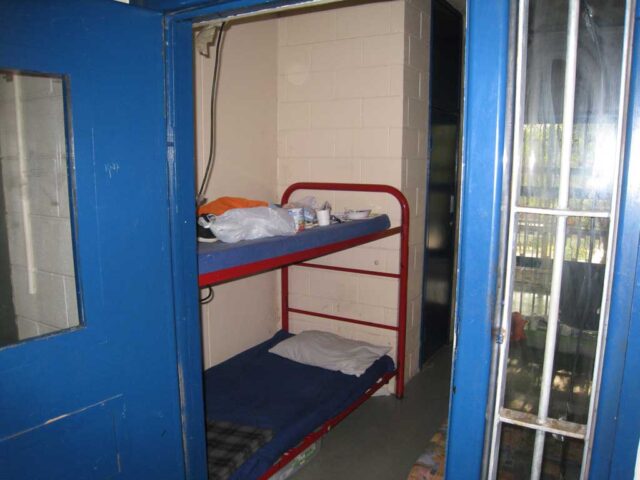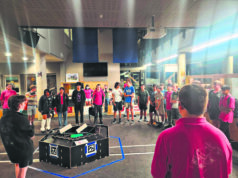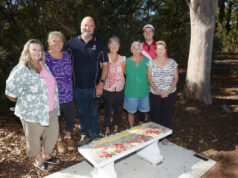Crisis care units in Western Australia’s prisons are failing to meet the needs of inmates with serious mental health conditions, a new report has found.
The review, released last week by Inspector of Custodial Services Eamon Ryan, reveals that crisis care units are under intense pressure.
Outdated facilities, rising prisoner numbers, and more people in custody at risk of self-harm or suicide are the key causes.
As demand grows, mental health staff are under pressure to quickly discharge inmates from crisis care just to free up beds.
Mr Ryan said the situation was worsening, with the adult prison population now sitting at more than 8,400.
“Extraordinary demands on mental health staff and infrastructure are only likely to increase rather than diminish,” he said.
The report described several cases where prisoners stayed in crisis care for long periods.
Not only does this block access for others, it also harms the wellbeing of those in care.
Some of these prisoners, the report said, should instead be treated in a forensic hospital like the Frankland Centre.
However, the Frankland Centre can only take about 10 prisoners at a time. With just 30 beds in total, it cannot keep up with the number of prisoners who need high-level mental health care.
The report also found that some prisoners felt worse after being in crisis care.
Many described feeling lonely and isolated due to long periods in their cells and being separated from others. Some were even reluctant to ask for help, fearing that being placed in crisis care would feel like punishment.
While support from nurses, counsellors, and psychiatrists was available, the report said it was limited. Staff shortages were a major concern.
The physical design of the units also contributed to poor mental health. The spaces were noisy, dull, and lacked natural light. Dayrooms and yards were bare and lacked activities, adding to the sense of isolation.
There were a few bright spots. Bandyup and Melaleuca Women’s Prisons had taken steps to make their crisis units more welcoming. Bandyup’s Bindi Bindi Unit, which supports women in crisis, was also singled out as a specialist service. Work is also underway at Casuarina Prison to improve mental health facilities, including a new specialist unit.
Mr Ryan called for urgent action to address the issues raised in the report and better support vulnerable prisoners.














